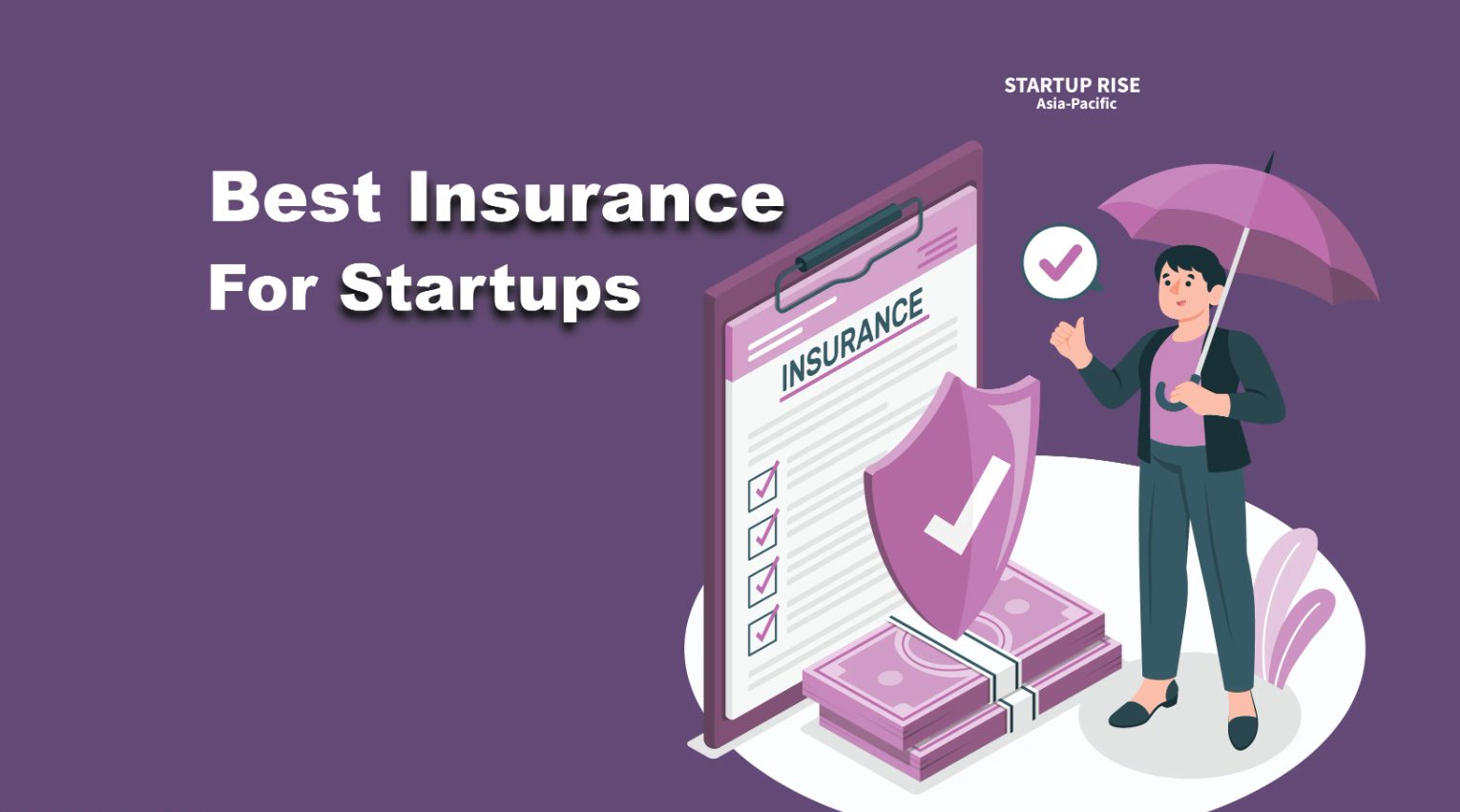Contents
Introduction: The Unpredictable Journey of a Startup
Starting a business is an exhilarating adventure, filled with innovation, challenges, and the pursuit of a unique vision. However, this journey is not without its risks. From unexpected accidents to legal liabilities, startups are vulnerable to various events that can derail their progress. This is where insurance comes in, providing a safety net that allows entrepreneurs to focus on growth and innovation while mitigating potential setbacks.
Why Insurance is Non-Negotiable for Startups

-
Protecting Your Assets: Startups often have limited resources, making every asset valuable. Insurance safeguards your physical assets like equipment, inventory, and office space from damage due to fire, theft, or natural disasters.
-
Mitigating Legal Liabilities: Even with the utmost care, accidents can happen. General liability insurance covers legal costs and potential damages arising from bodily injury, property damage, or personal injury claims made against your business.
-
Business Continuity: Unexpected events like a fire or a key employee’s illness can disrupt operations. Business interruption insurance can cover lost income and ongoing expenses during such disruptions, ensuring your business can stay afloat.
-
Attracting Investors and Partners: Having insurance demonstrates a commitment to responsible business practices, making your startup more attractive to potential investors and partners.
-
Peace of Mind: Knowing you have a safety net in place allows you to focus on growing your business with confidence, rather than worrying about potential disasters.
Essential Insurance Coverage for Startups
-
General Liability Insurance: This covers claims of bodily injury, property damage, and personal injury caused by your business operations or products. It’s a fundamental policy for most startups.
-
Property Insurance: Protects your business property, including buildings, equipment, inventory, and furniture, from damage due to fire, theft, vandalism, and certain natural disasters.
-
Business Interruption Insurance: Provides income replacement and covers ongoing expenses if your business is temporarily shut down due to a covered event, such as a fire or natural disaster.
-
Workers’ Compensation Insurance: If you have employees, this coverage is usually mandatory. It pays for medical expenses and lost wages for employees who are injured or become ill on the job.
-
Professional Liability Insurance: Also known as errors and omissions (E&O) insurance, this protects you if a client claims your professional services or advice caused them financial harm.
-
Cyber Liability Insurance: With the increasing reliance on technology, this coverage is becoming essential. It protects your business from financial losses due to cyberattacks, data breaches, and other cyber threats.
Choosing the Right Insurance for Your Startup
-
Assess Your Risks: Consider the unique risks your startup faces based on your industry, location, and business model.
-
Consult an Insurance Broker: An experienced broker can help you understand your options and tailor a policy that fits your specific needs and budget.
-
Shop Around: Compare quotes from multiple insurers to find the best coverage at the most competitive price.
-
Review Your Policy Regularly: As your business evolves, your insurance needs may change. Review your policy annually to ensure it remains adequate and relevant.
Tailored Insurance for Specific Industries
-
Tech Startups: Cyber liability, E&O, and intellectual property insurance are often crucial for technology-focused startups.
-
Manufacturing Startups: Product liability insurance is essential to cover claims arising from defective products.
-
Retail Startups: Commercial property and general liability insurance are vital for businesses with physical storefronts.
-
Service-Based Startups: Professional liability insurance is often the most important coverage for service providers.
Conclusion: Insuring Your Startup’s Future
Starting a business is a bold endeavor, and insurance is an investment in its future. By carefully assessing your risks and securing appropriate coverage, you can protect your assets, mitigate liabilities, and ensure the continuity of your operations. Remember, insurance is not just a cost; it’s a strategic tool that empowers you to navigate the entrepreneurial landscape with confidence and resilience.







